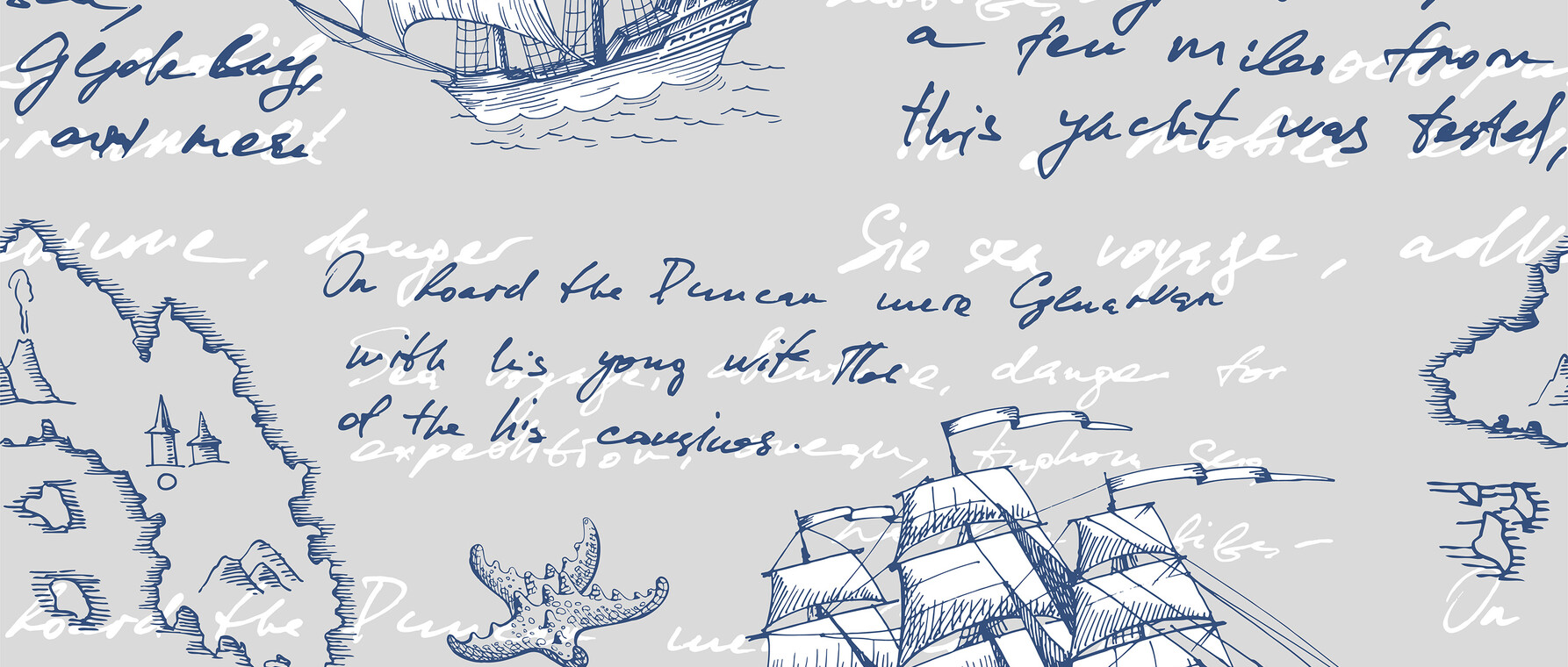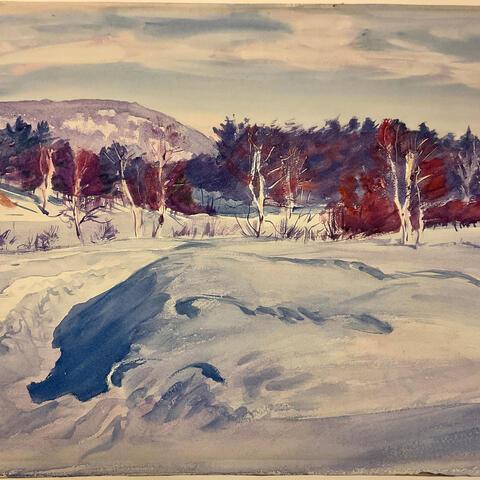Notes from a Writer's Desk: Writing Your PhD Travel Diary

When we’re working on a piece of academic writing, we tend to seek inspiration from—and measure our efforts against—the published work we most admire. This kind of emulation is an important part of learning, but we do ourselves a disservice when we judge our work-in-progress harshly in the light of such a comparison. This is because we almost never get to see the slow and messy construction of those imposing publications: it is as if they suddenly appeared, whole and perfect, ex nihilo. Furthermore, by fixating on the polished end product we often rush to conceal the earlier stages of our own work, consigning to oblivion the rough foundations and scaffolding that allow us to build our projects. According to a different metaphor, the PhD is a journey, and we all know that we’re supposed to value the journey at least as much as the destination. But what does that mean in practice? It is no good telling stressed graduate students to relish their struggles because they are in some way character-building or possessed of a sublime quality. However, if we follow the travel analogy back in time we may be able to extract something of more practical use.
Before international air travel became widely accessible in the second half of the twentieth century, those travelers that could write often kept journals. Ships’ captains maintained logs, while more leisured and educated travelers recorded a mixture of observations, reflections, and conversations. In the early seventeenth century the English statesman, philosopher, and naturalist Francis Bacon enjoined his contemporaries to record their impressions about a vast array of things on their journeys, from antiquities to theatrical performances to military fortifications. In his view, “Travaile, in the younger Sort, is a Part of Education; In the Elder, a Part of Experience,” and keeping a travel journal would serve to crystallize both attainments. Published travel diaries and memoirs were also widely read and became increasingly popular in the eighteenth and nineteenth centuries. Alexander von Humboldt and Aimé Bonpland’s immense Relation historique of their scientific travels in the Americas was a literary hit in the early nineteenth century, while Charles Darwin's The Voyage of the Beagle is still in print today, as is Goethe’s Travels in Italy and Jonathan Swift’s fictional Gulliver's Travels. In brief, there is a deep and rich tradition of writing about voyages of all kinds, both real and imagined. If academia really is a journey, then, there is absolutely no reason why we should assume that the final stage—the “destination”—should involve writing while everything leading up to it should not. Instead, we should be aware of the importance of writing about that journey even as we move along it.
For me, the key discovery came partway through my research work (which involved visits to various archives), when I finally grasped the importance of keeping a work journal. At first, this was just a simple record of documents I ordered or photographed in an archive, but it gradually metamorphosed into a much more comprehensive chronicle of my work as a whole. I maintained the journal as I worked rather than at the end of the day, so it was current rather than retrospective, and it was also a purely practical document rather than a diary of aspirations. I used it to note the books and journal articles I found in my research, factual questions that required additional investigation, topics I needed to address in a chapter, conferences or webpages I came across, even plans for fellowship applications. On the motivational level, I could look at the daily work journal to see that I was getting useful things done, even when the goal of completing my dissertation felt further away than ever. But it also became a tremendous resource as I wrote my chapters because I returned to consult my notes and transcriptions frequently. Eventually, it became necessary to create an index that told me what I could expect to find in any given entry.
Of course, our approaches to writing will inevitably depend to a certain extent on the conventions of our disciplines. Those who are accustomed to the necessity of keeping regular lab observations, for instance, may find it odd that other researchers don’t have these kinds of regimented routines. But everybody can benefit from writing about the journey, and since an important part of the PhD consists of engaging with ideas, perspectives, and disciplines beyond our normal orbits, there is always much to write about outside the lab, library, and archive. Unlike Humboldt and Darwin, you and I will probably never share our travel notes with the public, but at the very least we’ll know what we were doing on each step of our journey.
Banner courtesy of Shutterstock
Get the Latest Updates
Join Our Newsletter
Subscribe to Colloquy Podcast
Simplecast





